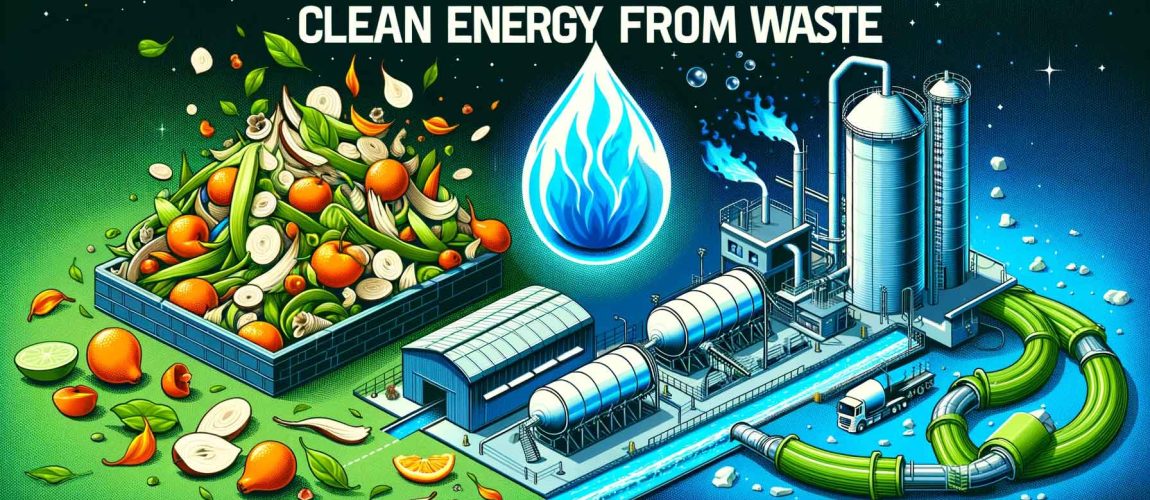Brief overview of biogas as an energy source: Biogas, often referred to as “renewable natural gas” or “biofuels”, is a versatile energy source produced from various organic waste materials1.
The importance of sustainable energy in today’s world: Biogas aligns with the urgent global need to reduce greenhouse gas emissions and search for sustainable energy sources1.
What is Biogas?
How is Biogas Produced?
The anaerobic digestion process: Organic matter is broken down by microorganisms in the absence of oxygen, releasing biogas as a byproduct1.
Different feedstocks for biogas production: Includes agricultural residues, crop waste, food waste, sewage sludge, and dedicated energy crops1.
Role of microorganisms in biogas production: Microorganisms play a pivotal role in breaking down organic matter during the anaerobic digestion process1.
Benefits of Biogas
Environmental Benefits:
Reduction in greenhouse gas emissions: Biogas helps mitigate greenhouse gas emissions, particularly methane, which is more potent than CO21.
Mitigation of landfills and organic waste: By diverting organic waste from landfills, biogas production aids in climate change mitigation1.
Economic Benefits:
Job creation in rural areas: Establishing biogas projects requires skilled labor, fostering job creation1.
Potential for revenue generation: Biogas projects can help municipalities and the agricultural sector reduce waste management costs1.
Energy Security:
Reducing dependence on fossil fuels: Biogas offers a sustainable energy source, reducing reliance on non-renewable energy sources1.
Diversifying the energy mix: By promoting renewable energy, biogas contributes to a sustainable energy system1.
Challenges and Limitations
Technical challenges: Efficiency of conversion and upgrading biogas to biomethane.
Economic challenges: High initial investment and challenges in scaling up production2.
Regulatory and policy challenges: Biogas projects benefit from government support and policies. For instance, in Europe, various levels of government offer funding or have policies to support the biogas industry2.
Case Studies
The Future of Biogas
Innovations and research in the field: Biogas and biomethane have the potential to support global sustainability goals, especially in scenarios consistent with the Paris Agreement5.
Potential role of biogas in achieving global sustainability goals: Biogas supports all aspects of sustainable development, including climate change mitigation, energy access, and cleaner air5.








